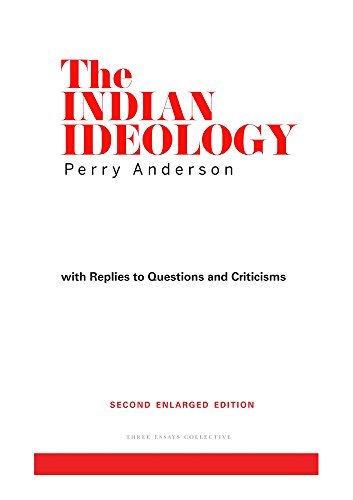What do you think?
Rate this book


236 pages, Paperback
First published January 1, 2012
“The role of caste in the political system would change, from the years after Independence to the present. What would not change was its structural significance as the ultimate secret of Indian democracy. Gandhi declared that caste alone had preserved Hinduism from disintegration. His judgement can be given a more contemporary application. Caste is what preserve Hindu democracy from disintegration.”(116)
“Such uncanny reproduction of the structural position of Congress by the BJP does not mean, of course, that the two are therefore the same as political forces, which both would in any case passionately deny. But they are umbilically tied to each other, as related versions of Indian nationalism and executors of the enormities these have wrought. The BJP is not a different species from Congress but, beneath their contrasts, a mutation of it." (250)
had accepted Partition as the price of a strong centralized state in which it could be sure of a monopoly of power, but in the mind of its top leaders it was a temporary concession. The party's resolution of June 5, 1947 that formally agreed to partition made its position very clear. "Geography and mountains and the sea fashioned India as she is, and no human agency can change that shape or come in the way of her final destiny" - least of all "the false doctrine of two nations." Mountbatten had engineered point-blank Partition with the same end in mind, saying explicitly that this would "give Pakistan a greater chance to fail on its demerits," and so was in the best interests of India, because a "truncated Pakistan, if conceded now, was bound to come back later. … The delusions of the Congress nationalism reshaped by Gandhi to Hindu specifications died hard.
There should be little need for any reminder of the fate of Kashmir, under the longest military occupation in the world. At its height, in the sixty years since it was taken by India, some 400,000 troops have been deployed to hold down a Valley population of five million - a far higher ratio of repression than in Palestine or Tibet. Demonstrations, strikes, riots, guerrillas, risings urban and rural, have all been beaten down with armed force. … The death toll, at a low reckoning, would be equivalent to the killing of four million people, were it India - more than double that, if higher estimates were accurate. Held fast by Nehru to prove that India was a secular state, Kashmir has demonstrated the exact opposite: a confessional expansionism.